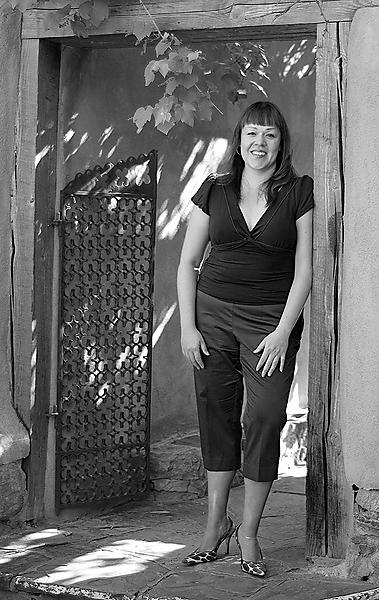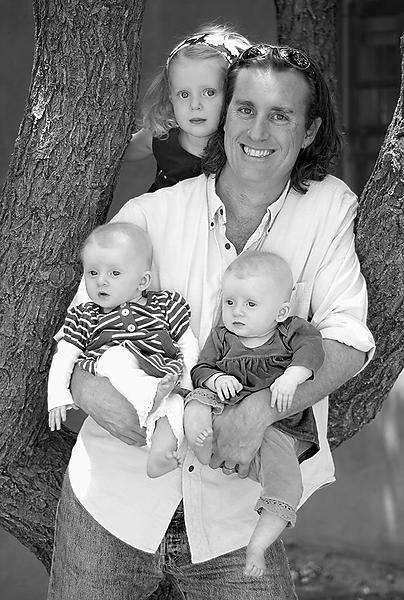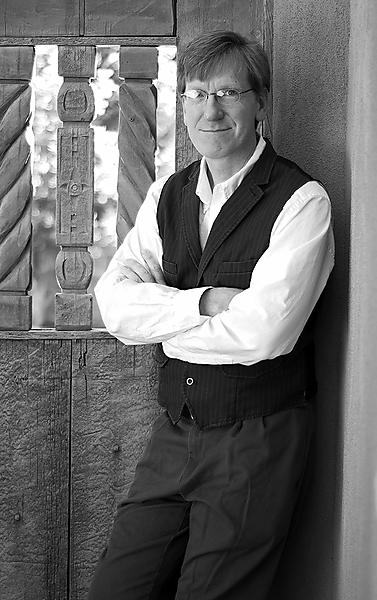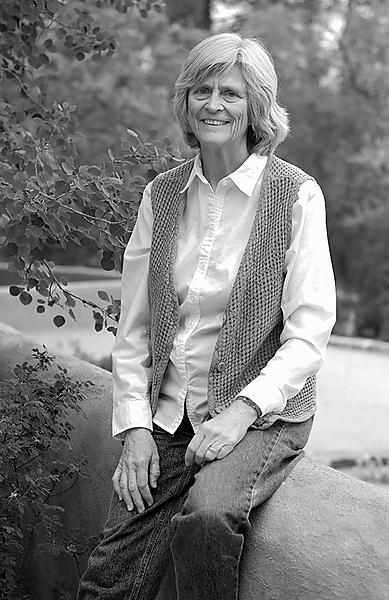
Audra Simpson
Katrin H. Lamon Resident Scholar
For most indigenous peoples in Canada and the United States, notions of nationhood, citizenship, state, and sovereignty are not clear-cut legal terms, but rather complex experiences steeped in layers of history and power that converge in daily life. Audra Simpson explores these “social and cultural contours of citizenship and nationhood” in To the Reserve and Back Again: Kahnawake Mohawk Narratives of Self, Home, and Nation. “My book is about how people live their sense of their nation and their citizenship, and what that means to a larger world of ideas,” said Simpson.

Daniel J. Hoffman
Weatherhead Resident Scholar
In West Africa’s volatile economy, the young men represent a most valuable resource: a mobile labor pool of bodies with a capacity for violence that services the extraction industries, international NGO sector, various warlords, or regional conflicts. Far from a leisurely break, putting in time “on the wall” is key to getting work. In his book Building the Barracks, Weatherhead Fellow Daniel Hoffman asks, “How is it that young men end up being made available to forces that are larger than themselves, and particularly for the performance of certain kinds of violence? What are the processes by which young men’s lives become militarized?”

Dean Falk
School for Advanced Research Resident Scholar
“The brain gets closer than any other part of the body to the essence of what makes us human,” said Dean Falk, describing the controversies inspired by two major discoveries of new hominin species, about 85 years apart. Both finds—1925’s Australopithecus africanus (known as Taung), and 2004’s Homo floresiensis (known as Hobbit)—“struck deep chords in the minds of scientists and the public,” she said. Falk’s book will be “an exploration of what I believe is a fascinating, complex, and timely topic—the parallels in the controversial receptions to these discoveries in light of religious and scientific paradigms, the role that controversy may inadvertently have in directing—or redirecting—science, and the potential significance of these discoveries for understanding more about what makes us human.”

Timothy R. Pauketat
Weatherhead Resident Scholar
As a self-described “dirt archaeologist who likes doing archaeology and telling a story,” Timothy Pauketat admits to being driven by “the big issues of human history” through questions such as “what caused civilization?” More specifically, Pauketat seeks to understand why people in ancient times would cooperate with radical social experiments in governance that, from his point of view, “were not in their best interest” and often resulted in extreme social inequity. Over the past 14 years, Pauketat’s archaeological projects in the Mississippian culture center of Cahokia, a World Heritage site near St. Louis, Missouri, have helped alter standard views of the development of social complexity. Now Pauketat is expanding his early arguments for Cahokia’s “Big Bang”—a large-scale multi-cultural convergence of diverse populations in the middle Mississippi valley at circa AD 1050—to explore the roles cosmology, myth, and ritual practice played in similar developments worldwide.

Wenda R. Trevathan
School for Advanced Research Resident Scholar
The insights of evolutionary medicine have stimulated significant anthropological contributions in the fields of nutrition and chronic disease, but because life history and reproduction are such fundamental aspects of evolutionary theory, reproductive health and parenting have received much more attention than many other aspects of health. Trevathan’s book will bring together hundreds of contributions to the literature on evolutionary medicine and women’s health. “The goal of the book is an extensive coverage of all aspects of the female life course, integrating biological, evolutionary, cultural, and contemporary issues, drawing from my own research and that of scholars in anthropology, medicine, psychology, and biology,” she said. “My objective is to illustrate the power and potential of the anthropological and evolutionary perspectives in applying a holistic view of the human life cycle in ways that will improve both our understanding of women’s health and our ability to respond to health challenges in creative and effective ways.”